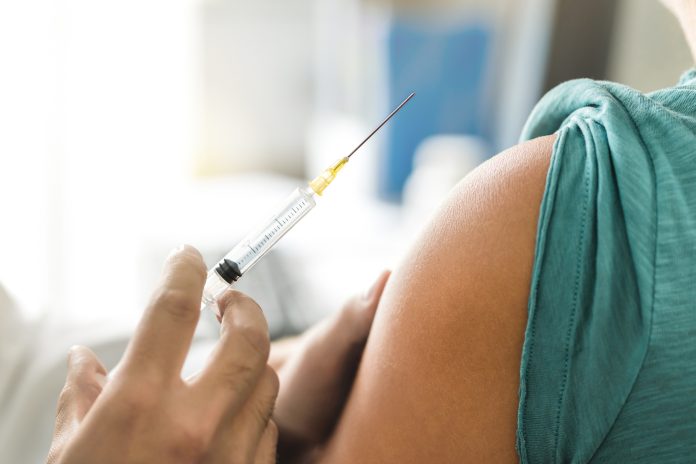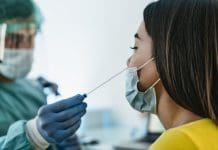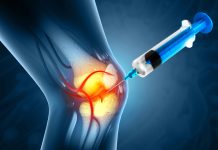Hundreds of thousands of immunosuppressed adults aged 18–49 can now get the shingles vaccine to prevent serious complications
Starting Monday, 1 September 2025, the NHS is extending the shingles vaccination programme to include all severely immunosuppressed adults aged 18 and over. This expansion aims to protect approximately 300,000 more individuals from the debilitating effects of shingles, including severe pain and complications such as post-herpetic neuralgia. Eligible individuals can book their vaccination appointments through their GP practices, which will begin contacting patients in the coming weeks.
300,000 more people will be eligible for the shingles vaccine
Shingles is caused by the reactivation of the varicella zoster virus, and symptoms include a painful rash that lasts between two and four weeks. One in five people develops shingles in their lifetime, whilst most make a full recovery, it can cause serious problems such as post-herpetic neuralgia, eye problems, and even lead to pneumonia, hepatitis, and inflammation of the brain.
Now, around 300,000 more people will become eligible for a potentially lifesaving shingles vaccination from the first week of September, as GP practices roll out the jab to protect all severely immunosuppressed adults.
Those eligible include people with conditions such as leukaemia or lymphoma, or those who are undergoing chemotherapy, who are at greater risk of becoming seriously unwell if they contract shingles.
NHS follows JCVI guidance to broaden shingles vaccine coverage
Shingrix®, the vaccine used in the NHS, is currently available to people aged 65 to 79 and severely immunosuppressed individuals from 50 years of age. Still, eligibility is set to change from next week to include all severely immunosuppressed adults aged 18 years and over. This follows advice from the Joint Committee on Vaccination and Immunisation (JCVI), which found that the risk of hospitalisation from shingles or those resulting in post-herpetic neuralgia was similar in younger immunosuppressed age groups to those who were already eligible.
Dr Amanda Doyle, National Director for Primary Care and Community Services at NHS England, said: “Shingles can be seriously debilitating for older people and those with a severely weakened immune system, so following the latest expert guidance, the NHS is now expanding the potentially lifesaving jab to all severely immunosuppressed adults.
“The vaccine is safe and effective and significantly reduces the chance of developing shingles and becoming seriously unwell, so I’d urge anyone newly eligible to come forward for their protection as soon as possible.
“The NHS will be contacting you to let you know you are eligible, but you can also make a booking through your local GP – and even if you’ve had shingles before, you can develop it again, so please still come forward for the offer”.
Health Minister Ashley Dalton said: “Expanding shingles vaccination will protect even more people at the most significant risk from this painful condition.
“This government is committed to preventive healthcare and ensuring those who are most vulnerable receive the protection they need.
“I encourage all those eligible for the vaccine to come forward for their jab”.
Dr Gayatri Amirthalingam, Deputy Director of Immunisation at the UK Health Security Agency added: “Shingles can be an excruciating infection and may cause complications that lead to hospitalisation. It can affect people at any age, but the risk and severity of shingles increase with age. However, following a review of the evidence, it was found that younger adults who are severely immunosuppressed are also at higher risk of severe illness and hospitalisation, and from September, the shingles vaccine programme will now be expanded to include this group who are aged 18 and over.
“The NHS will continue a phased rollout of the vaccine for older people, and your GP should be in touch once you become eligible, currently when you reach 65 or 70 years.
“Shingles can be a nasty, painful disease, so I strongly recommend you have the vaccine, given as two doses, as soon as you become eligible, and if you are unsure, please do check with your GP surgery”.











